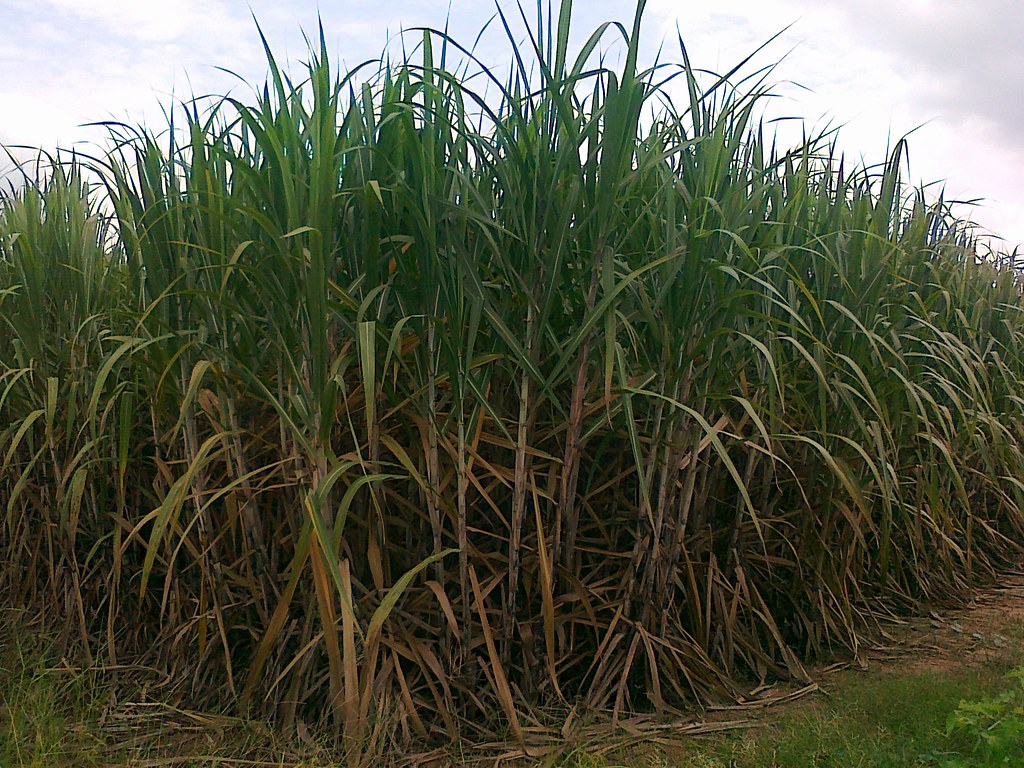For the first time, a Thai conglomerate is facing a lawsuit for violating human rights in a foreign country. The company allegedly evicted about 600 Cambodian families from their lands, killed their livestock and set fire to their homes, according to the plaintiffs.
On 28 March 2018, two villagers, representing about 600 families in Oddar Meanchey Province, Cambodia, filed a compensation lawsuit against the Mitr Phol Group, Thailand’s biggest sugar conglomerate. The villagers stated that Angkor Sugar Co Ltd, a company in the Mitr Phol Group, had forced them to relocate and destroyed their property after receiving a concession from the Cambodian Government.
The trial is set to begin in the Thai Civil Court, Bangkok on 11 June.
The plaintiffs explained that the company confiscated lands in at least five villages in Oddar Meanchey: Bos, O‘Bat Moan, Taman, Trapean Veng and Ktum. The relocation drove numerous villagers off their farmland and homes, forcing some to seek jobs in Thailand as migrant workers. Although the company withdrew from the area in 2014, the villagers never received compensation.
This was despite the fact that in 2013, the villagers submitted a petition to Thailand’s National Human Rights Commission (NHRC) demanding compensation, and the NHRC on 12 October 2016 published a finding and a recommendation that the company compensate the villagers. In the report to the NHRC, the villagers claimed that the company illegally confiscated their lands, destroyed their crops and livestock, and covertly set fire to their homes.
Sor. Rattanamanee Polkla, coordinator of the Community Resource Centre Foundation, an organization that gives legal assistance to the villagers, stated that the lawsuit would set a precedent that Thai companies have to obey human rights principles when they operate in other countries.
She added that the villagers chose to initiate the lawsuit in Thailand because Angkor Sugar had already left Cambodia and because she believes the Thai justice system will be fairer than Cambodia’s.
“We see that the Thai justice system is more likely to protect people than the Cambodian courts because we have had similar cases filed in Cambodia. Eventually, they submitted the cases to the administrative branch, and there has still been no progress,” said Sor. Rattanamanee.
In response, the Mitr Phol Group told the media it was legally granted a concession from the Cambodian government and denied all alleged human rights violations. The company terminated the project in Cambodia in 2014 and returned all land to the government. However, according to
BBC Thai, most villagers have not got their land back.


